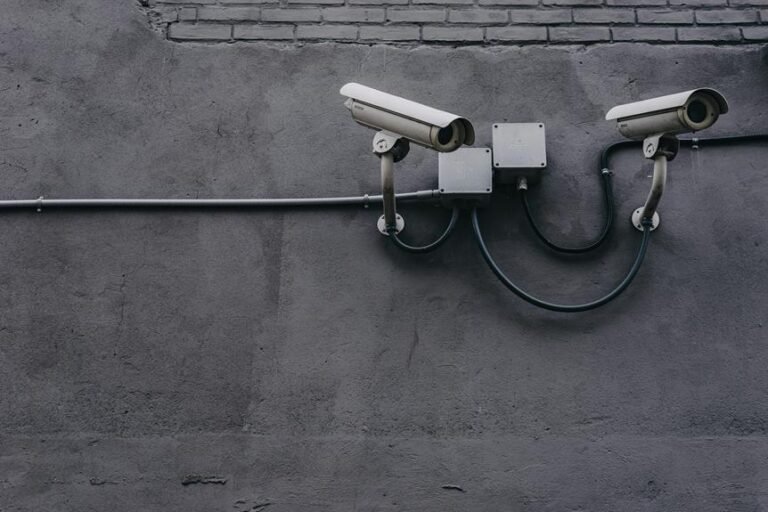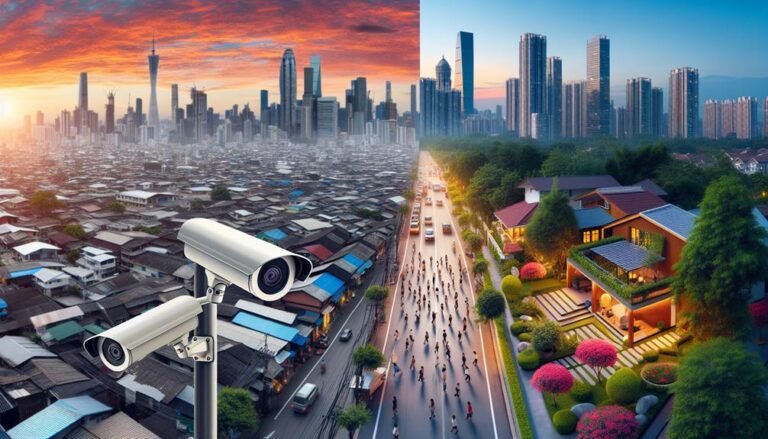7 Easy Steps to Fix a CCTV Camera on Your Wall

To fix a CCTV camera on your wall, start by gathering essential tools like a drill, stud finder, and screwdrivers. Choose a high-traffic zone and mark drill points accurately. Drill holes at the marked points, then mount the bracket using…
